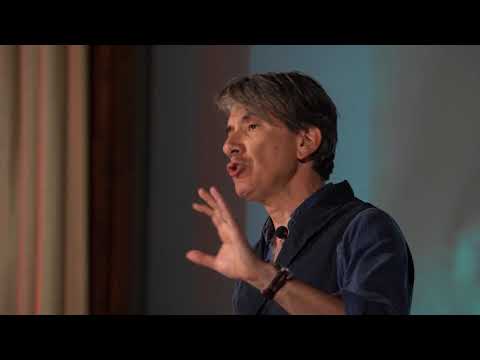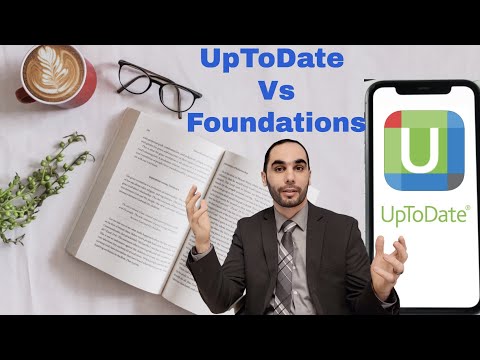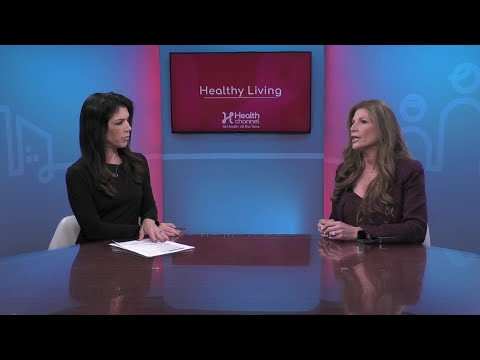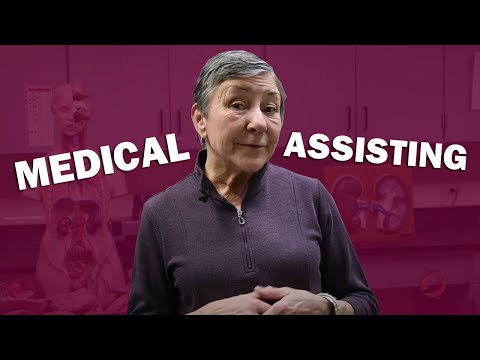Medical Assistance in Dying: Frequently Asked Questions
Contents [show]
Get answers to commonly asked questions about medical assistance in dying, including who is eligible, the process, and more.
Checkout this video:
What is Medical Assistance in dying?
Medical Assistance in dying (MAiD) is a medical procedure that involves a team of health care professionals working together to provide support and assistance to people who wish to end their lives.
MAiD is available to adults who:
-are 18 years of age or older
-are mentally competent
-have a grievous and irremediable medical condition
-make a free and informed decision to end their lives
The MAiD procedure involves the administration of a lethal dose of medication that causes death. MAiD is not euthanasia, which is the act of intentionally ending someone’s life in order to relieve their suffering.
Who is eligible for Medical assistance in dying?
In order to be eligible for Medical Assistance in dying, you must meet the following criteria:
-You must be 18 years of age or older and mentally competent to make your own decisions;
-You must have a grievous and irremediable medical condition (including an incurable disease, irreversible decline in physical or mental capabilities, or chronic physical or psychological suffering that is intolerable to you and cannot be relieved under conditions that you consider acceptable);
-Your medical condition must pose a reasonable expectation of death within a foreseeable timeframe;
-You must make the request for medical assistance in dying voluntarily, without coercion from anyone; and
-You must give informed consent after being apprised of all available means to relieve your suffering, including palliative care.
How is medical assistance in dying accessed?
In order to access medical assistance in dying, you must first obtain a medical opinion from two independent physicians or nurse practitioners that confirms you meet all of the eligibility criteria. You must also submit a request in writing to the medical practitioner who will be providing the assistance. The request must be signed by you and witnessed by two people who are not otherwise involved in your care.
What are the safeguards surrounding medical assistance in dying?
There are a number of safeguards in place to protect vulnerable people and prevent abuse of the medical assistance in dying (MAID) regime.
The safeguards are set out in the federal government’s legislation, which is based on recommendations from the Supreme Court of Canada.
1. The person must be eligible for MAID.
2. The person must make a voluntary request for MAID.
3. The request must be approved by two independent doctors or nurse practitioners.
4. There must be a waiting period of at least 10 days between the request and the provision of MAID.
5. The person must be assessed for competency by two independent doctors or nurse practitioners.
6. The person must give their informed consent to receive MAID, after being provided with information about alternatives to MAID.
7. After receiving MAID, the person must have the opportunity to revoke their request at any time and can change their mind up until the point where MAID is provided.
8. A psychological assessment must be conducted if there are concerns that the person may not be competent to provide informed consent, or if there are signs that the person’s request for MAID may not be voluntary.
What are the potential risks and complications of medical assistance in dying?
Medical assistance in dying is a safe and effective way to achieve a peaceful death. However, like any medical procedure, there are potential risks and complications associated with it. These risks can be divided into three main categories: psychological, medical and legal.
Psychological risks: MAID can cause psychological distress in some people. This is usually due to the fact that MAID is often seen as a last resort option, and people may feel that they have failed in their attempt to die naturally. Additionally, some people may regret their decision to undergo MAID after the fact.
Medical risks: There is a very small risk of complications arising from the administration of the drugs used in MAID. These complications could include vomiting, seizures or an irregular heartbeat. In rare cases, these complications can lead to death.
Legal risks: There is a risk that people who undergo MAID may be prosecuted for assisted suicide or homicide. In Canada, however, there is currently no law against MAID and it is not considered a crime.
What are the psychological effects of medical assistance in dying?
Medical assistance in dying (MAID) is a new and complex issue, and it can be hard to know what to expect. Here are some answers to common questions about the psychological effects of MAID.
It’s normal to feel a range of emotions when considering or undergoing MAID. Some people feel relief, others feel sadness or anxiousness. Some people worry about the impact MAID will have on their family and friends. It’s important to talk to someone you trust about how you’re feeling.
There is no one “right” way to feel about MAID. What matters is that you are able to make the decision that is best for you.
Some people worry that they will regret their decision to undergo MAID. But studies have shown that people who have received MAID generally do not regret their decision. In fact, most people report feeling peace and relief after MAID.
It is common for both patients and families to feel guilty after MAID, even though they did nothing wrong. Guilt is a normal part of grief, so it’s important to be patient with yourself and give yourself time to grieve in your own way.
What are the ethical considerations surrounding medical assistance in dying?
There are a number of ethical considerations surrounding medical assistance in dying, including:
– the sanctity of life
– the autonomy of the individual
– the prevention of suffering
– the role of the physician
– the allocation of resources.
Medical assistance in dying is a complex and emotive issue, and there is no easy answer as to whether it is right or wrong. Ultimately, it is a decision that must be made by each individual on a case-by-case basis.
What are the religious perspectives on medical assistance in dying?
There is no one answer to this question as religious perspectives on medical assistance in dying vary. Some religions, such as Catholicism, view medical assistance in dying as a form of murder and therefore do not condone it. Other religions, such as Buddhism, take a more nuanced approach and allow for medical assistance in dying under certain circumstances, such as if the individual is suffering from a terminal illness. Ultimately, it is up to each individual to consult with their religious leader to gain guidance on this issue.
What are the legal implications of medical assistance in dying?
In Canada, Medical assistance in dying is legal. The Criminal Code was changed in 2016 to allow for medical assistance in dying under certain circumstances.
Medical assistance in dying is a complex and sensitive issue. It raises many ethical, religious, legal and social questions.
The Government of Canada is committed to ensuring that all Canadians have access to the information they need to make informed decisions about their health care.
What are the societal implications of medical assistance in dying?
There is no easy answer when it comes to the societal implications of Medical Assistance in Dying (MAID). The act of ending one’s own life is a complex and personal issue, and there are many factors to consider.
People who are in favor of MAID argue that it is a fundamental right of every individual to choose when and how they die. They believe that MAID should be available to everyone who is suffering from an incurable, terminal illness and wants to end their life on their own terms.
Those who are opposed to MAID argue that it fundamentally goes against the Hippocratic Oath, which states “First, do no harm.” They believe that MAID could lead to abuse and misuse, as well as furthering the normalization of suicide. They also worry about the potential implications for vulnerable groups, such as the elderly and disabled.
Some worry that MAID will create division in our society, with those who can afford to end their lives on their own terms having privilege over those who cannot. Others worry about the slippery slope argument, believing that once we start down this path, there will be no turning back.
It is important to have an open and honest discussion about the societal implications of MAID. Only then can we decide if this is something we are willing to accept as a society.







